SUMMARY
This is AI generated summarization, which may have errors. For context, always refer to the full article.
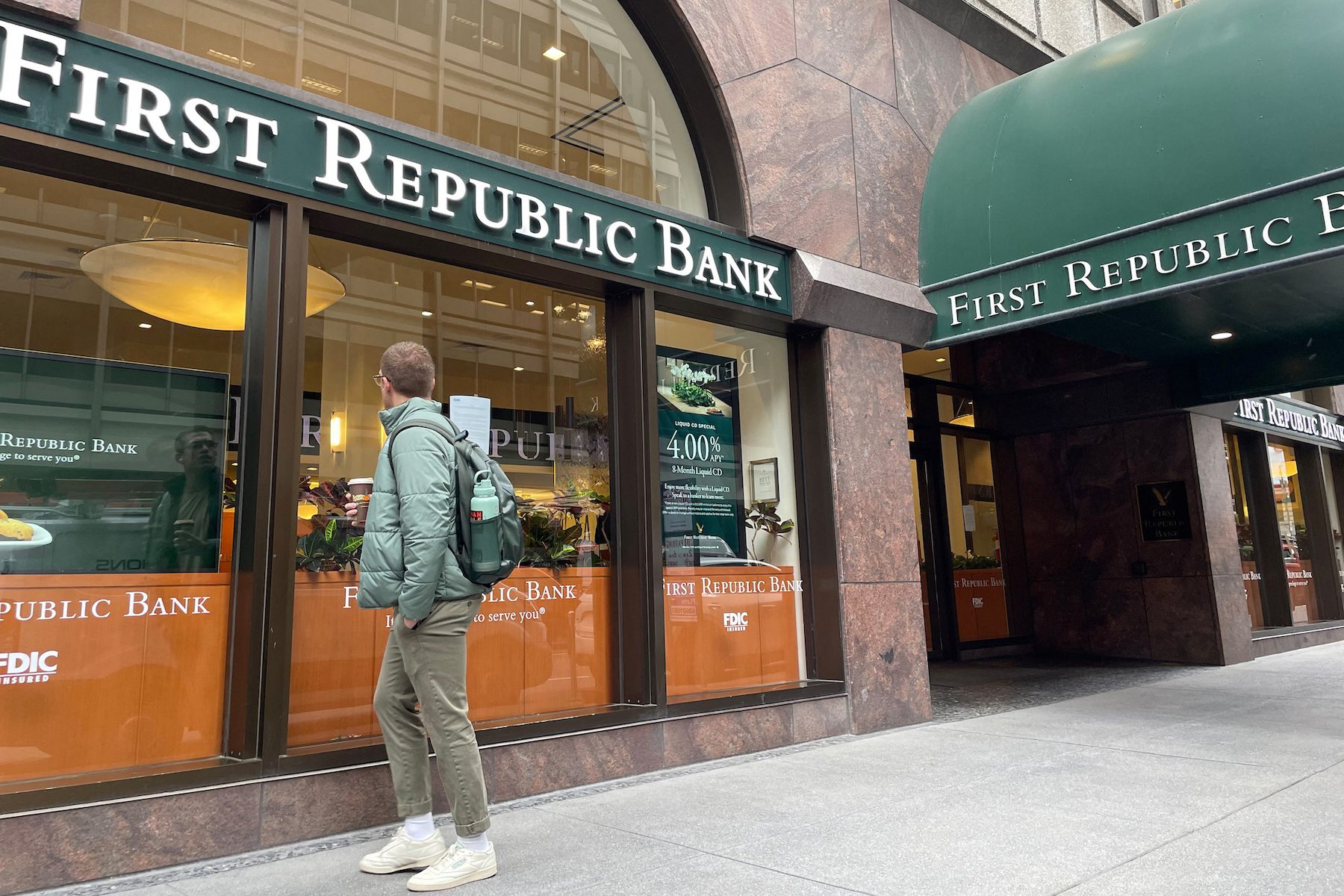
Regulators seized First Republic Bank and sold its assets to JPMorgan Chase & Co. on Monday, May 1, in a deal to resolve the largest US bank failure since the 2008 financial crisis and draw a line under a lingering banking turmoil.
First Republic was among regional US lenders most battered by a crisis in confidence in the banking sector in March, when depositors fled en masse from smaller banks to giants like JPMorgan as they panicked over the collapse of two other midsized US banks.
The bank had limped along since then, but investors fled again last week when it disclosed more than $100 billion in outflows in the first quarter and a plan to explore new options.
Barely a week later, California regulators on Monday seized First Republic and put it into Federal Deposit Insurance Corporation (FDIC) receivership alongside the sale of its assets, marking the third major US bank failure in two months and the largest since Washington Mutual in 2008.
Shares of JPMorgan rose 2% on Monday, while those of mid-tier banks fell and the KBW Regional Banking Index closed down 2.7%. First Republic shareholders will be wiped out in the transaction, Wedbush analysts said. The bank’s shares tumbled 43.3% in premarket trading on Monday before they were halted.
JPMorgan will pay $10.6 billion to the US FDIC as part of the deal to take control of most of the San Francisco-based bank’s assets and get access to First Republic’s coveted wealthy client base.
“Our government invited us and others to step up, and we did,” said Jamie Dimon, JPMorgan chairman and chief executive officer, who had been a key player in the 2008 financial crisis as well and bought Bear Stearns in a weekend rescue.
The deal will cost FDIC’s Deposit Insurance Fund about $13 billion, according to the regulator’s initial estimate.
US President Joe Biden on Monday hailed the deal for protecting depositors without making taxpayers foot the bill. He repeated his call for stronger bank regulation and supervision.
“These actions are going to make sure that the banking system is safe and sound,” Biden told an event at the White House. “Critically, taxpayers are not the ones that are on hook.”
The White House praised “decisive” actions taken by regulators to protect depositors and keep the banking system stable. White House Press Secretary Karine Jean-Pierre said the actions would also ensure that First Republic, which she said was “severely mismanaged,” would be held accountable.
Too big to fail?
Analysts and industry executives said the deal – struck over the weekend after the FDIC ran an auction process that saw several other banks bid – should calm markets. But they added that it came at a cost: the biggest banks were getting stronger while it was getting harder for smaller banks to do business.
Dennis Kelleher, CEO of Wall Street reform group Better Markets, said the auction’s outcome showed “unhealthy consolidation, unfair competition, a dangerous increase in too-big-to-fail banks – all while harming community banks, small business lending, and economic growth.”
JPMorgan already holds more than 10% of the nation’s total bank deposits. Wells Fargo in a research note said that JPMorgan’s net deposits would increase by 3% as a result of the deal.
“We need large, successful banks in the largest economy in the world,” Dimon told reporters on a conference call. “We have capabilities to serve our clients, who can be cities, schools, hospitals, governments. We bank the IMF, the World Bank. And anyone who thinks the United States should not have that can call me directly.”
Jane Fraser, CEO of rival Citigroup, hailed the deal as resolving the last major source of uncertainty for the sector after a period of turmoil.
“Let’s not tarnish all the regional and small banks as having an enormous problem,” Fraser told a conference.
“This is not the world financial crisis, this is not the savings and loan crisis. There will be stress, but let’s be targeted where it is.”
Rising rates
Global banking has been rocked by the closure of Silicon Valley Bank (SVB) and Signature Bank in March, as deposit flight from US lenders forced the Fed to step in with emergency measures to stabilize markets while Switzerland’s Credit Suisse had to be rescued by rival UBS. Those failures came after crypto-focused Silvergate voluntarily liquidated.
Some blamed the root cause of the crisis in the banking sector on ultra-loose monetary policy for many years followed by an abrupt reversal and fast-paced interest rate hikes by the US Federal Reserve over the past year.
“When it was just SVB, it was easy to blame management. However, now that we see the pattern, it is evident that the Fed has moved too far, too fast, and is breaking things,” said Thomas Hayes, chairman and managing member, Great Hill Capital.
JPMorgan was one of several interested buyers including PNC Financial Services Group, and Citizens Financial Group, which submitted final bids on Sunday, April 30, in an auction by US regulators, sources familiar with the matter said.
JPMorgan has assumed all of the bank’s deposits, it said, and will repay $25 billion of $30 billion big banks deposited with First Republic in March to help shore it up.
The failed bank’s 84 offices in eight states will reopen as branches of JPMorgan Chase Bank from Monday, it added. – Rappler.com
Add a comment
How does this make you feel?
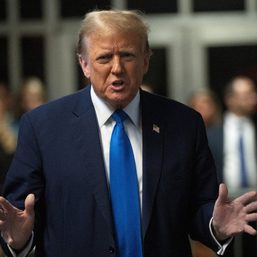
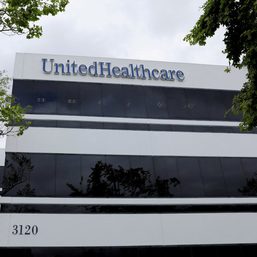
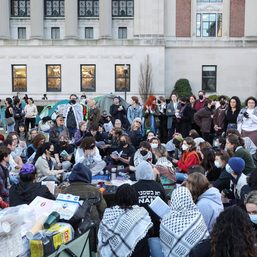
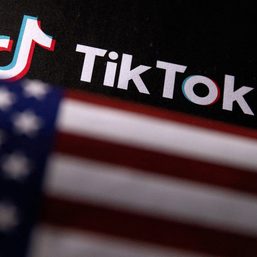
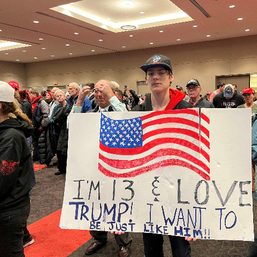
There are no comments yet. Add your comment to start the conversation.